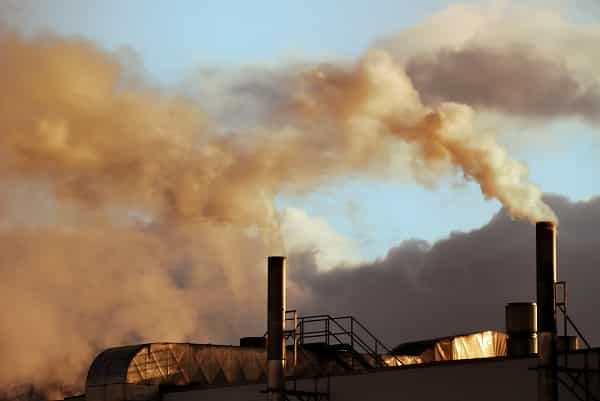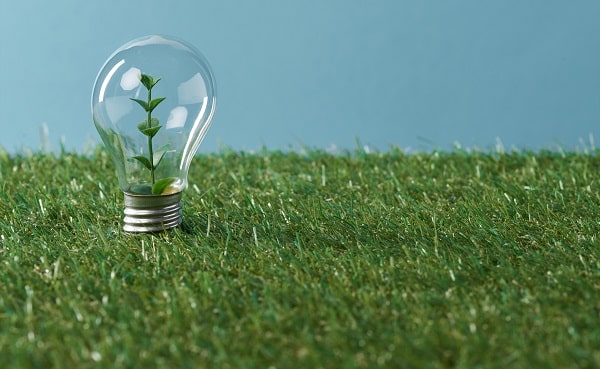Do you have a recycling bin in your home? With the way the world has been lately, it’s more important than ever to do your part in protecting the environment. But you might be wondering, what are the benefits of having one? From reducing waste to saving energy and resources, this article will look at some of the different reasons you should get a recycling bin. By the end, you might just decide to make the switch.
Contents
The Amount Of Waste Humans Create
It’s no secret that humans create a lot of waste. People throw away food, packaging, and other materials in landfills or incinerators every day. And as the world’s population continues to grow, so does the amount of waste produced. It is estimated that by 2100, the amount of municipal solid waste generated globally will nearly double. While it may be difficult to imagine how much waste that is, imagine each person throwing away nearly 1,000 pounds of trash every year. And when this stuff gets thrown away, it doesn’t just disappear. It has to go somewhere, which often means polluting the environment and causing harm to wildlife and ecosystems, which is where recycling comes in. Recycling reduces the amount of waste that goes into landfills or gets incinerated. By separating materials like paper, plastic, glass, and metal, they can be transformed into new products instead of taking up space in landfills.
Protect Wildlife

One of the major benefits of recycling is that it can directly impact wildlife because mining and logging operations often damage or destroy ecosystems in the process of extracting raw materials. By using recycled materials, you can help to preserve natural habitats. For example, a single recycled aluminum can saves enough energy to power a television for three hours. That may not seem like much, but it can add up quickly when everyone makes an effort to recycle. In addition, recycling can also help to create new habitats. For example, recycled glass can create artificial reefs that provide a home for fish and other marine life. So, the next time you recycle, remember that you’re not just helping the planet—you’re also helping to protect wildlife.
Save Energy

It takes energy to recycle materials back into new products. How much energy? Well, it depends on the material. For example, recycling aluminum cans saves 95% of the energy needed to make new aluminum from scratch. So why bother recycling if it takes energy? The answer is that recycling often saves more energy than making things from scratch. While extracting and processing virgin materials (like timber, ore, and oil) requires quite a bit of energy, it also generates pollution and effluent in the form of toxic byproducts. Recycling avoids all of that by using existing materials that have already gone through those initial processes. It can also take less energy to recycle certain products than to dispose of them in a landfill, especially if they are incinerated. And when recycled materials are used instead of virgin materials, they lower the demand for those virgin materials, reducing pressure on ecosystems worldwide.
Create Jobs

At its core, recycling is all about conserving resources. By reusing materials that would otherwise end up in landfill, we can help to preserve the planet’s finite supply of natural resources. But recycling can also have a positive impact on the economy. A recent study found that every 10,000 tons of waste recycled creates six jobs, while 10,000 tons of waste sent to landfill creates just four jobs. The study also found that recycling generates significantly more revenue than landfill. In other words, recycling isn’t just good for the environment – it’s good for the economy too. So next time you’re about to throw something in the bin, think about how you could recycle it instead. It might be the best thing for both the planet and the economy.
Reduce Air Pollution

While the benefits of recycling are well known, its effects on air pollution are often overlooked. However, recycling can help to reduce the number of different types of air pollution. For example, recycling paper and wood products reduces landfill methane gas. In addition, recycling aluminum cans and glass helps reduce the amount of energy required to produce new materials, which also reduces emissions from power plants. Furthermore, recycling plastic containers can help reduce the amount of petroleum consumed in the production process. By taking these steps, you can help reduce the pollutants that cause air pollution and positively impact our environment.
Preserve Natural Resources

Preserving natural resources is essential to ensuring a healthy planet for future generations. One way that individuals can help to preserve these resources is by recycling. Recycling items such as paper, plastic, and glass helps reduce the amount of waste sent to landfills and reduces the need to mine new materials from the earth. In addition, recycling can help to conserve energy and water. For example, recycling aluminum requires 95% less energy than producing it from raw materials. And recycling paper uses 50% less water than making paper from virgin wood pulp. So next time you recycle, remember that you’re not just helping the planet—you’re also helping to preserve natural resources for future generations.
Free Up Space Globally

It’s no secret that the world is facing a garbage crisis. Every day, people generate more and more waste, and it’s starting to take a toll on the planet. Landfills are overflowing, and the oceans are full of plastic. But many people don’t realize that recycling can help solve this problem. By diverting recyclable materials from landfills, you can free up space globally. And by recycling these materials, you can also reduce the need for new resources. Which, in turn, helps to preserve natural areas and leave them for better use. In addition, recycling can have a global impact beyond just the physical space it frees up. By reducing the demand for new materials, recycling can help to preserve ecosystems and habitats worldwide. So make sure to recycle as much as possible – not only will it free up space locally, but it will also positively impact the planet as a whole.
Consider The Reasons Why You Should Get A Recycling Bin!
Recycling may seem like a small action, but it can significantly impact the environment and economy. So next time you throw something out, consider whether it could be recycled. Remember that by recycling, you’re not just helping to preserve natural resources and reduce air pollution – you’re also creating jobs and contributing to a healthier global economy. So make an effort to recycle – it’s not just good for the planet, it’s good for everyone. And who doesn’t want that?